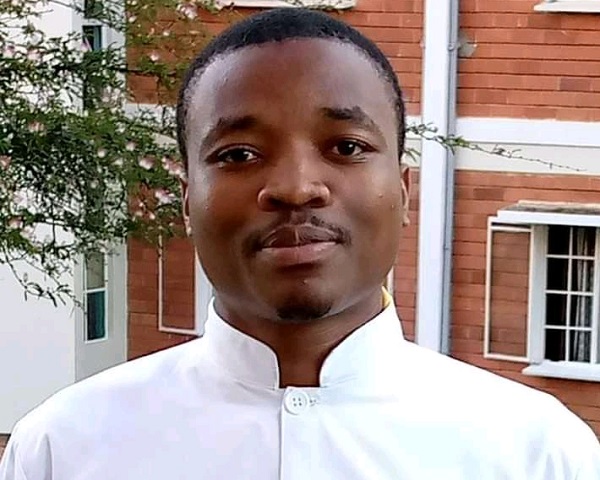November 1 and November 2 are two very specific days in the liturgical life of the Church. On the one hand, we prayerfully ask the saints to intercede to God for us in a special way on All Saint’s Day (November 1), while on the other hand, we commemorate and pray for the souls of all of our faithful departed on All Souls’ Day (November 2)
An interesting dynamic is that the latter of these two days likewise involves asking the saints in heaven to intercede to God for the dead whose souls might be in purgatory. Beyond merely these two days, we can thus pray constantly throughout the year, although especially during this month of November.
The month of November is dedicated to praying for our departed brothers and sisters. The Church commemorates all her faithful children who have departed from this life but have not yet attained the joys of heaven. St. Paul warns us that we must not be ignorant concerning the dead, nor sorrowful, even as others who have no hope. For the Lord Himself shall come down from heaven and the dead who are in Christ shall rise.
The tradition of praying for the dead is found in Sacred Scripture “Therefore, (Judas Maccabeus) made atonement for the dead is intrinsically connected to the three states of the Church: the Church Militant, or the Saints on earth; the Church Suffering, or the Saints in purgatory, and the Church Triumphant, known as the saints in heaven.
One of the corporal works of mercy is to bury the dead. For us, that means weeping with those who weep. It means praying for those who have died that they might enjoy the gift of eternal life with Christ. When it is a family member or a friend, it is especially important for us to grieve their loss and remember them to God. God does not forget them and wills our prayers be effective in helping them complete their journey to God.
The Church teaches that purgatory is a time of purification for those who “die in God’s grace and friendship.” Accordingly to the Catechism of the Catholic Church, “after death (the faithful) undergo purification, so as to achieve the holiness necessary to enter the joy of heaven” (1030 – 32). This is why we ought to pray for those souls – because they cannot pray for themselves.
Praying for the deceased also is a reminder of our own mortality. One day, we all will die, and this life on earth is but a transition. Our lives will change, but they will not end. We will have eternal life with God if we remain committed with Him in faith.
Whether in this life or the next, however, God doesn’t wave a magic wind, bypassing our free will, to fix us. Instead, we must cooperate with His grace to undo what we have done: paying our debts, letting go of whatever binds us, straightening out whatever is crooked within us.
This process has already begun in our lives on earth. Through doing penance and accept in faith the inescapable sufferings of this life, we can be purged of sin’s effects and grow in holiness. Nevertheless, few seem to be perfect when they leave this world. They still need some purification, a painful but purging “fire,” as Scripture calls it (1 Corinthians 3:14-15).
That’s precisely why we pray and offer Masses for those in purgatory. As Scripture tells us, our intercession helps them: “For it is…a holy and wholesome thought to pray for the dead, that they may be loosed from sins” (2 Maccabees 12:46).
Sem. Robert Bigabwarugaba
[email protected]
Katigondo National Seminary
If you would like your article/opinion to be published on Uganda’s most authoritative news platform, send your submission on: [email protected]. You can also follow DailyExpress on WhatsApp and on Twitter (X) for realtime updates.



